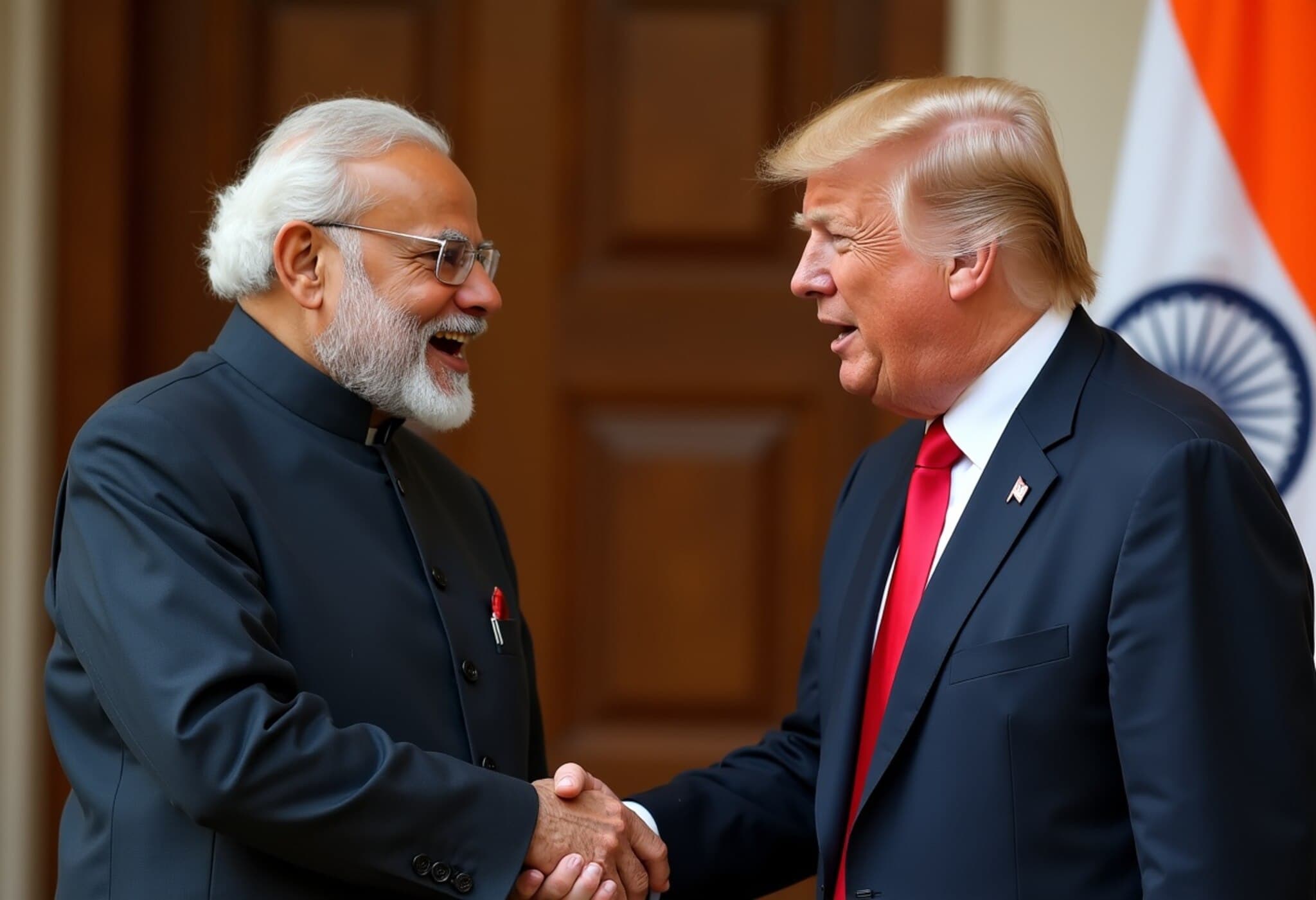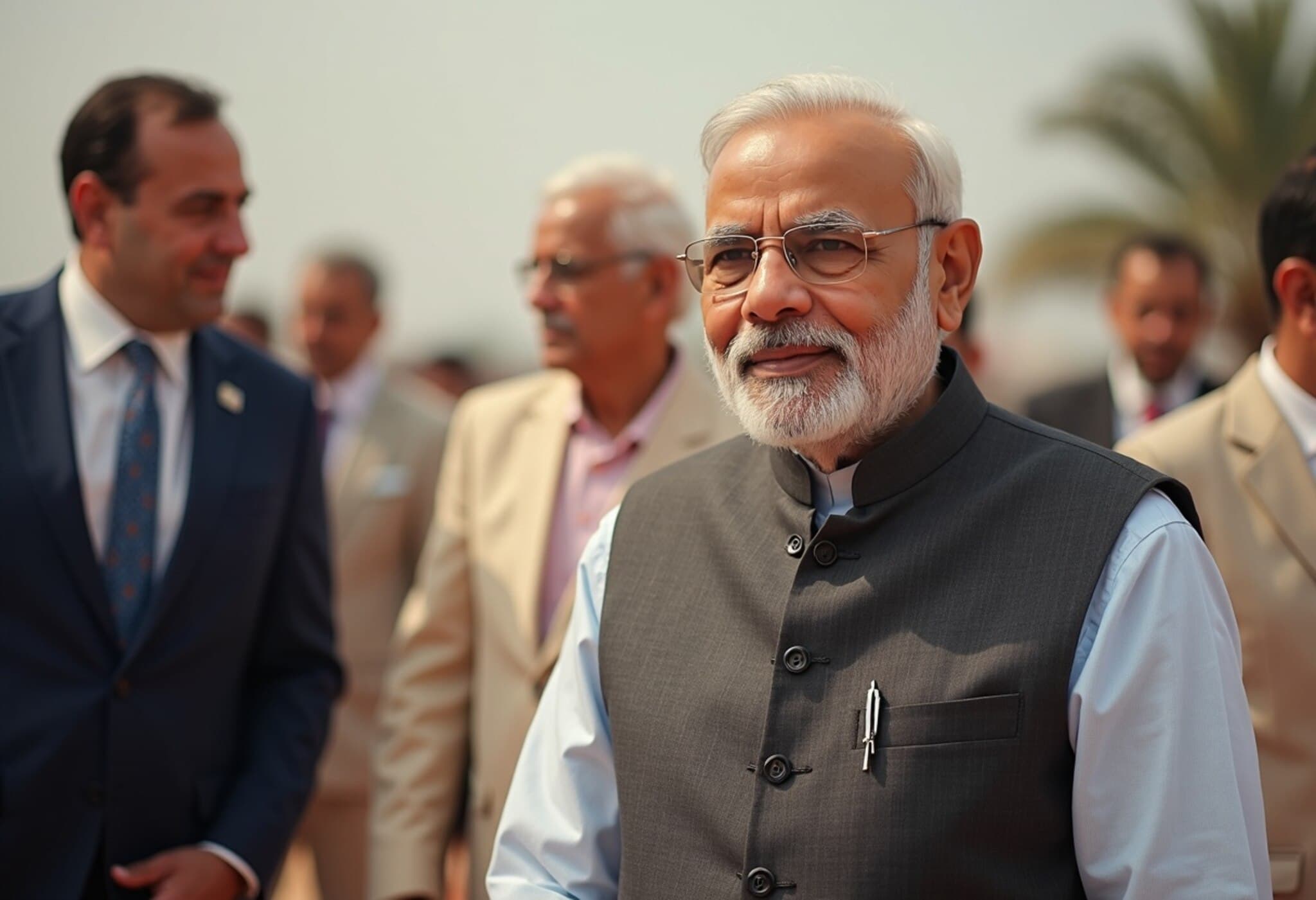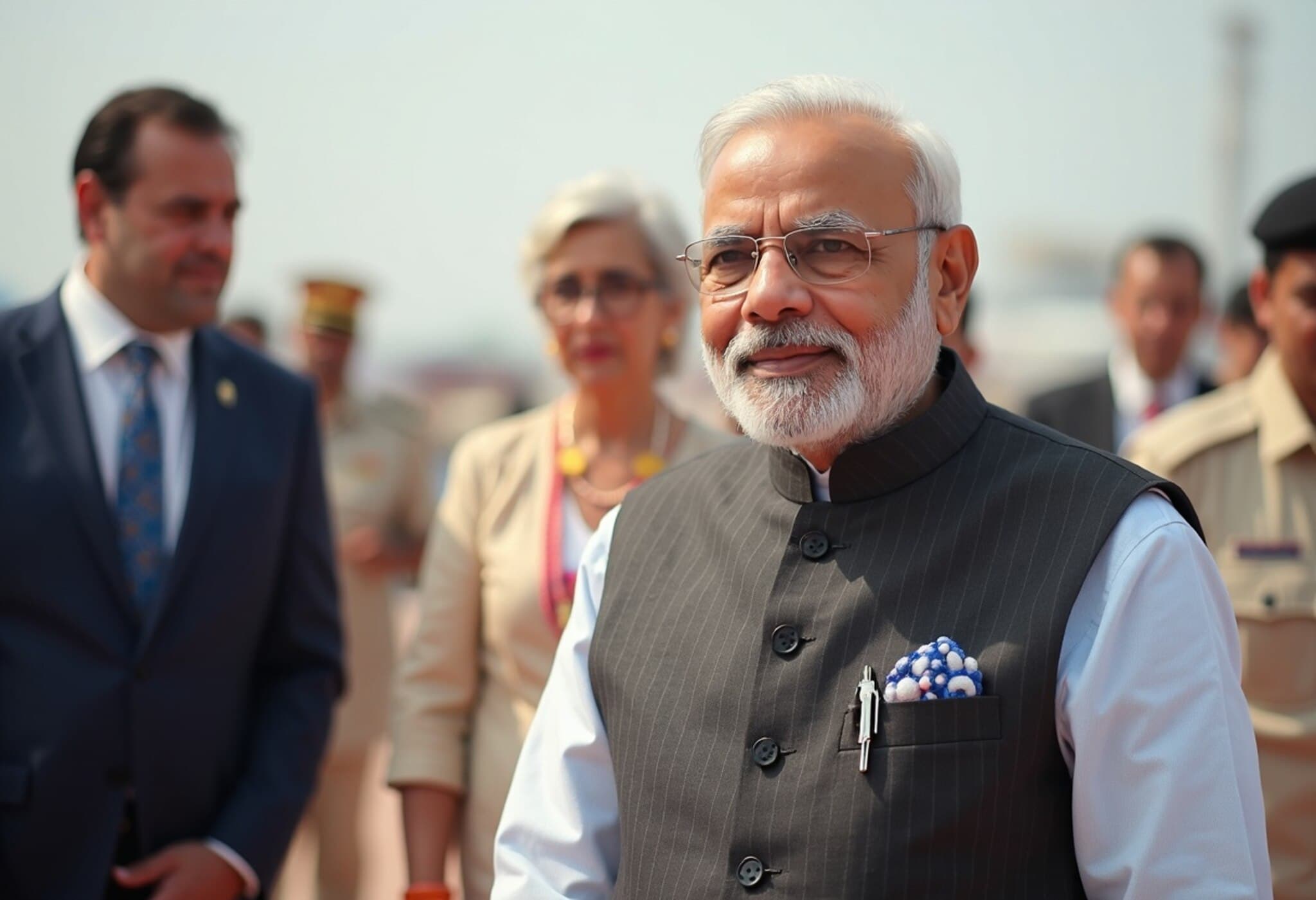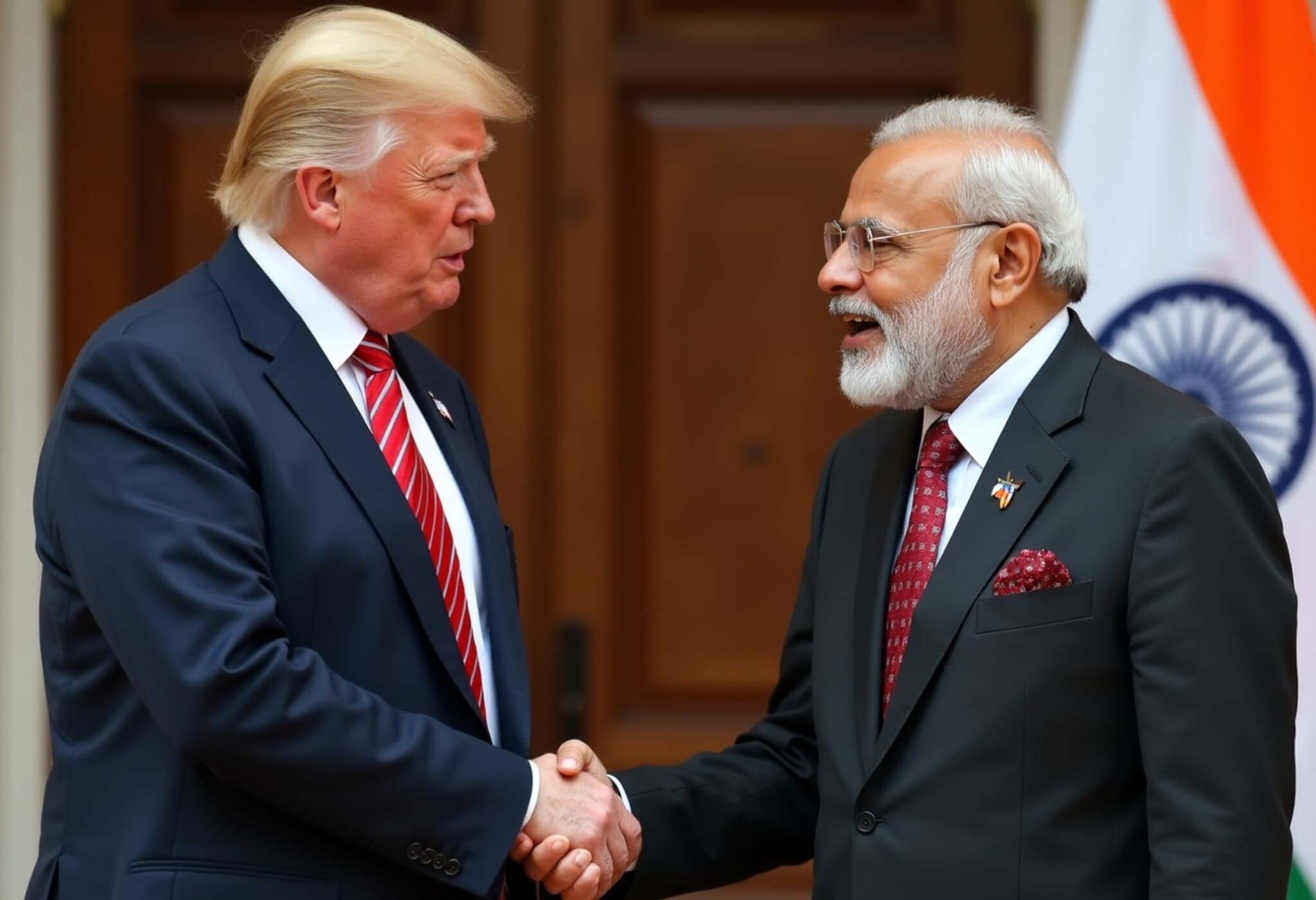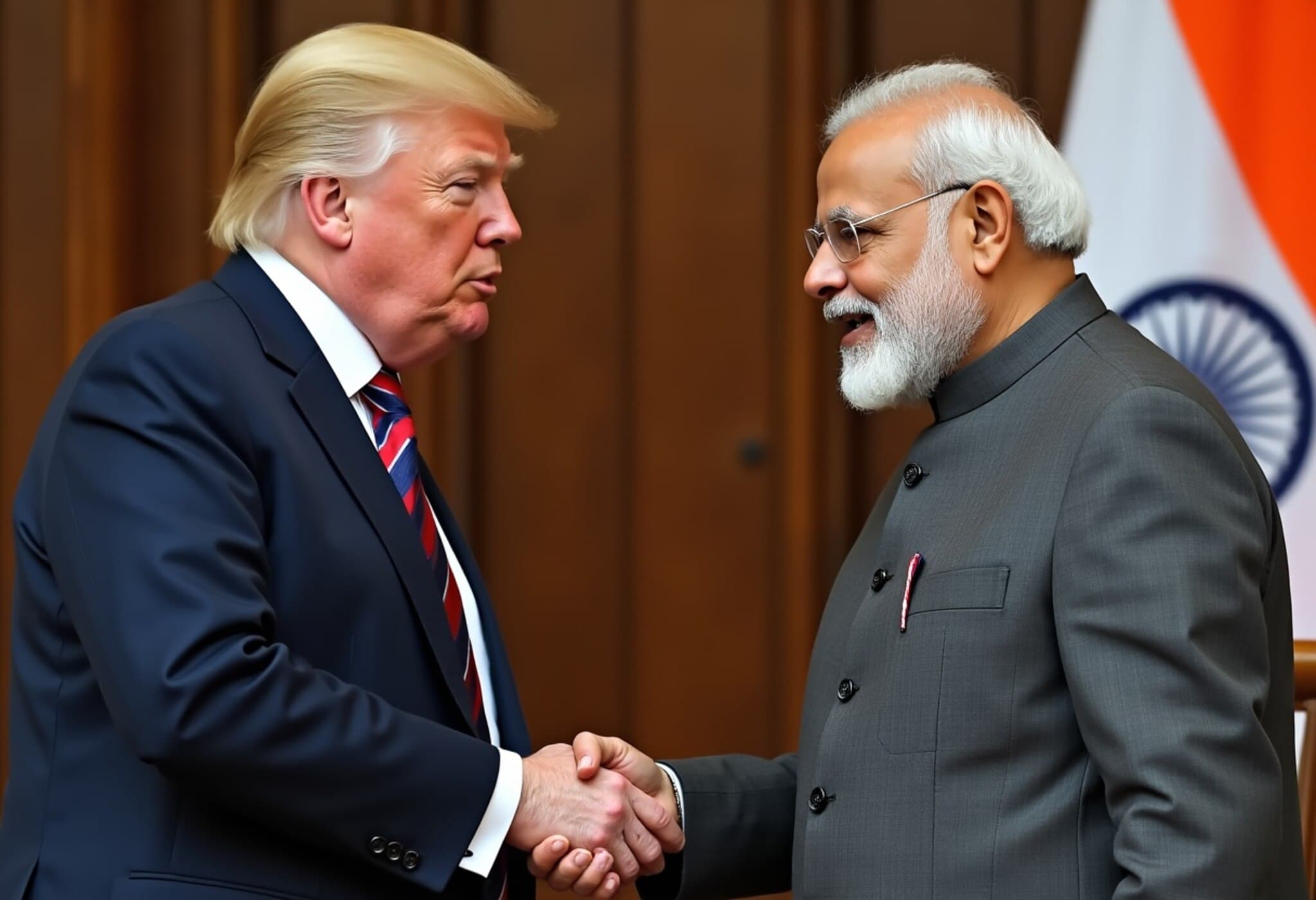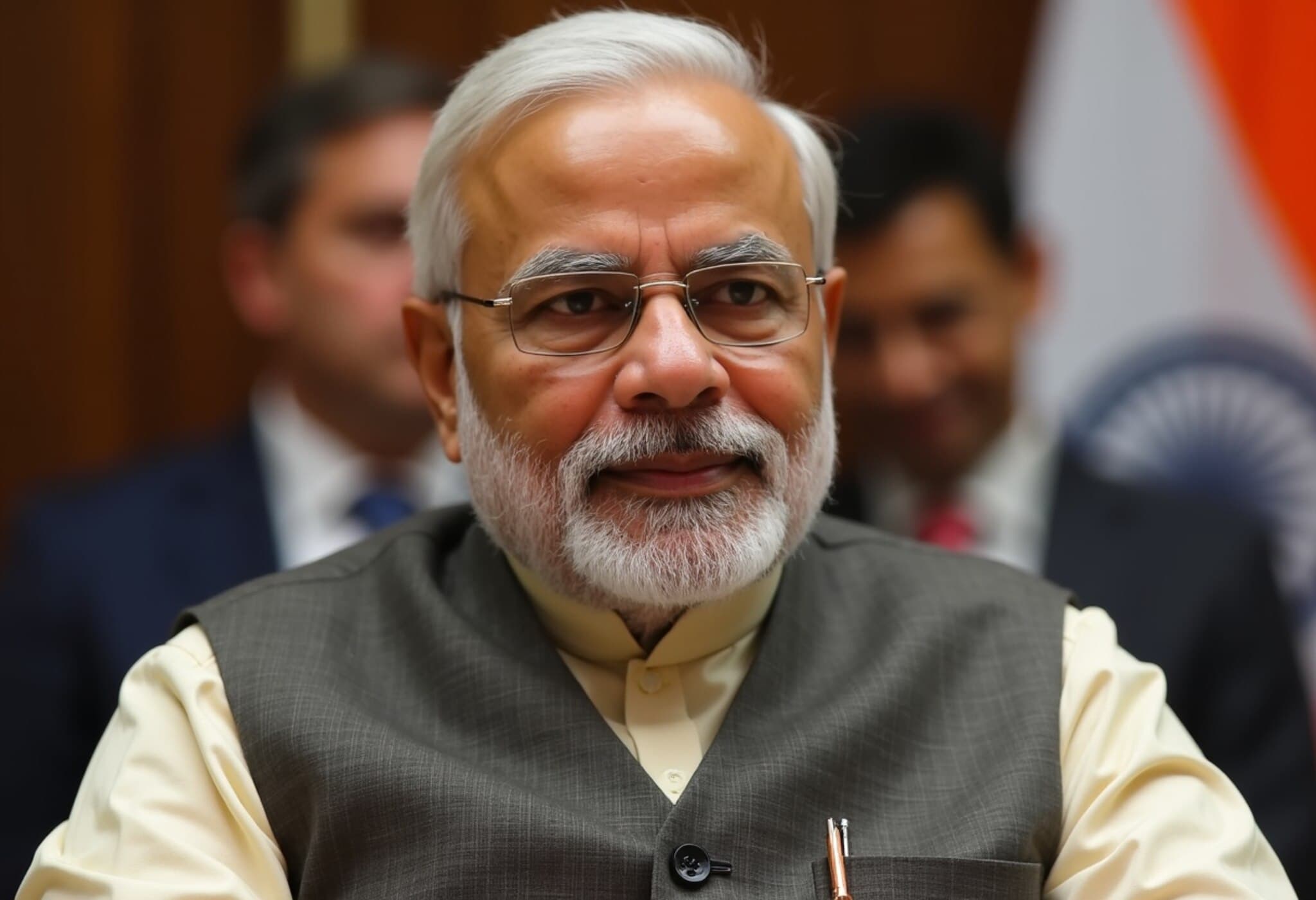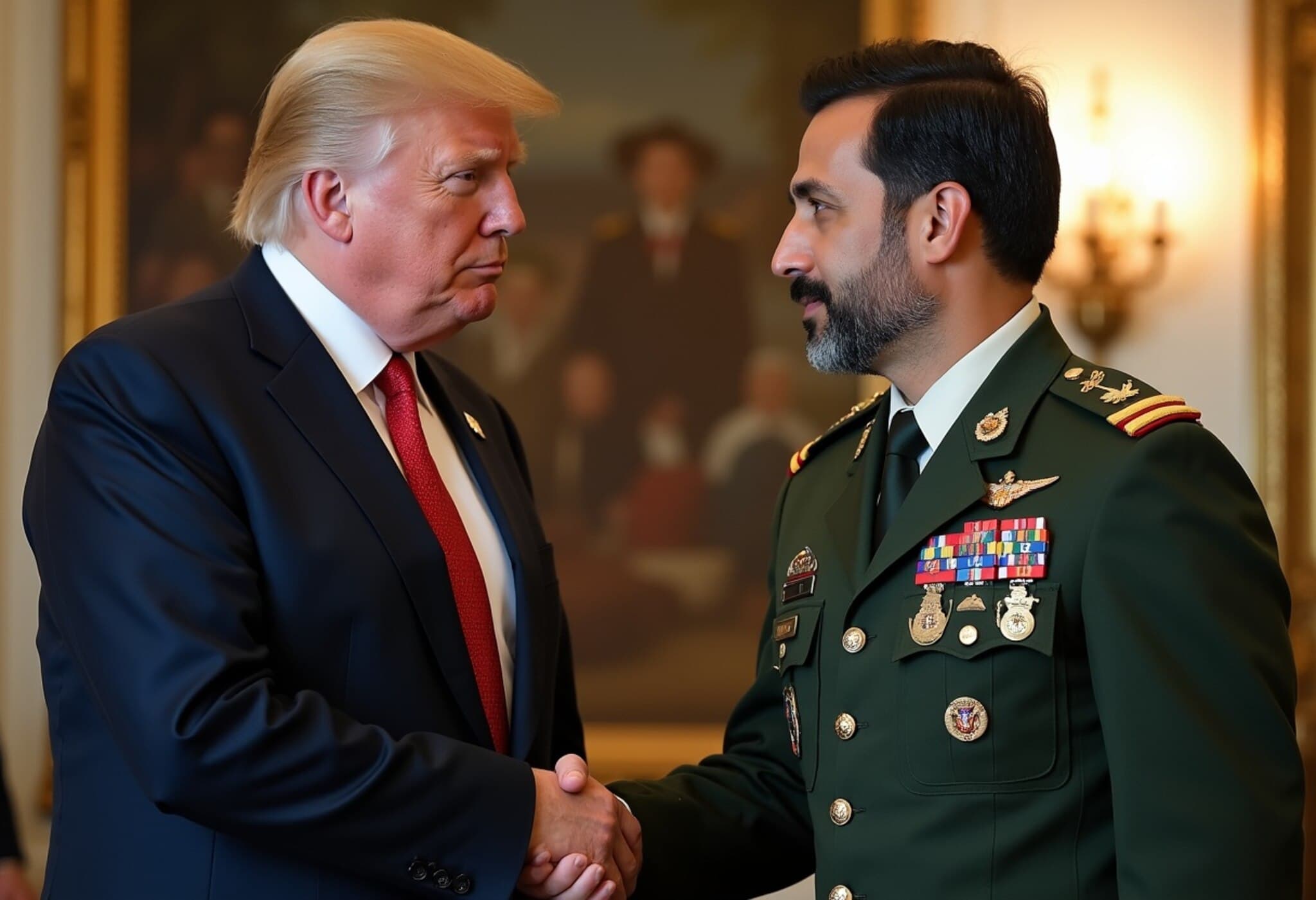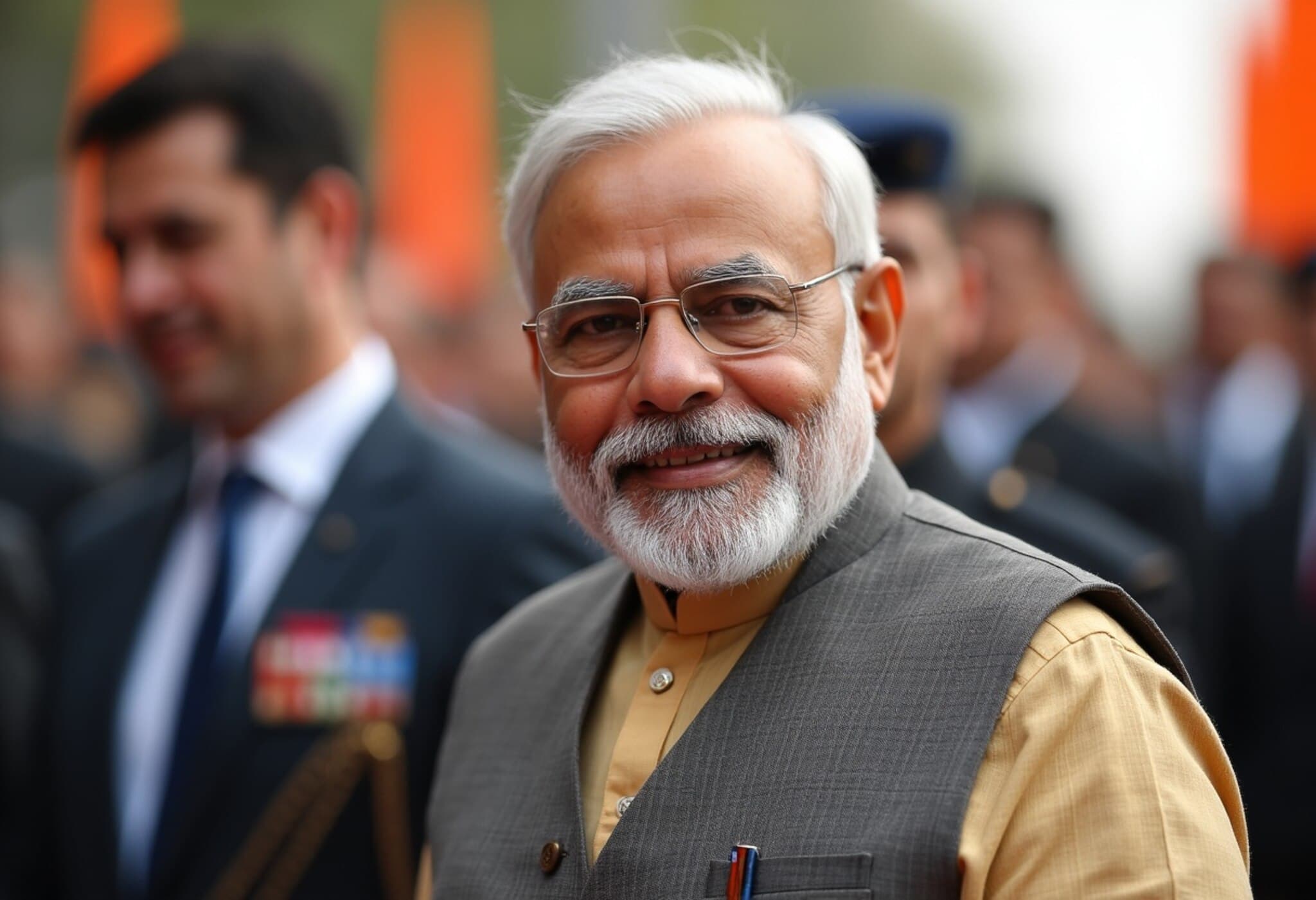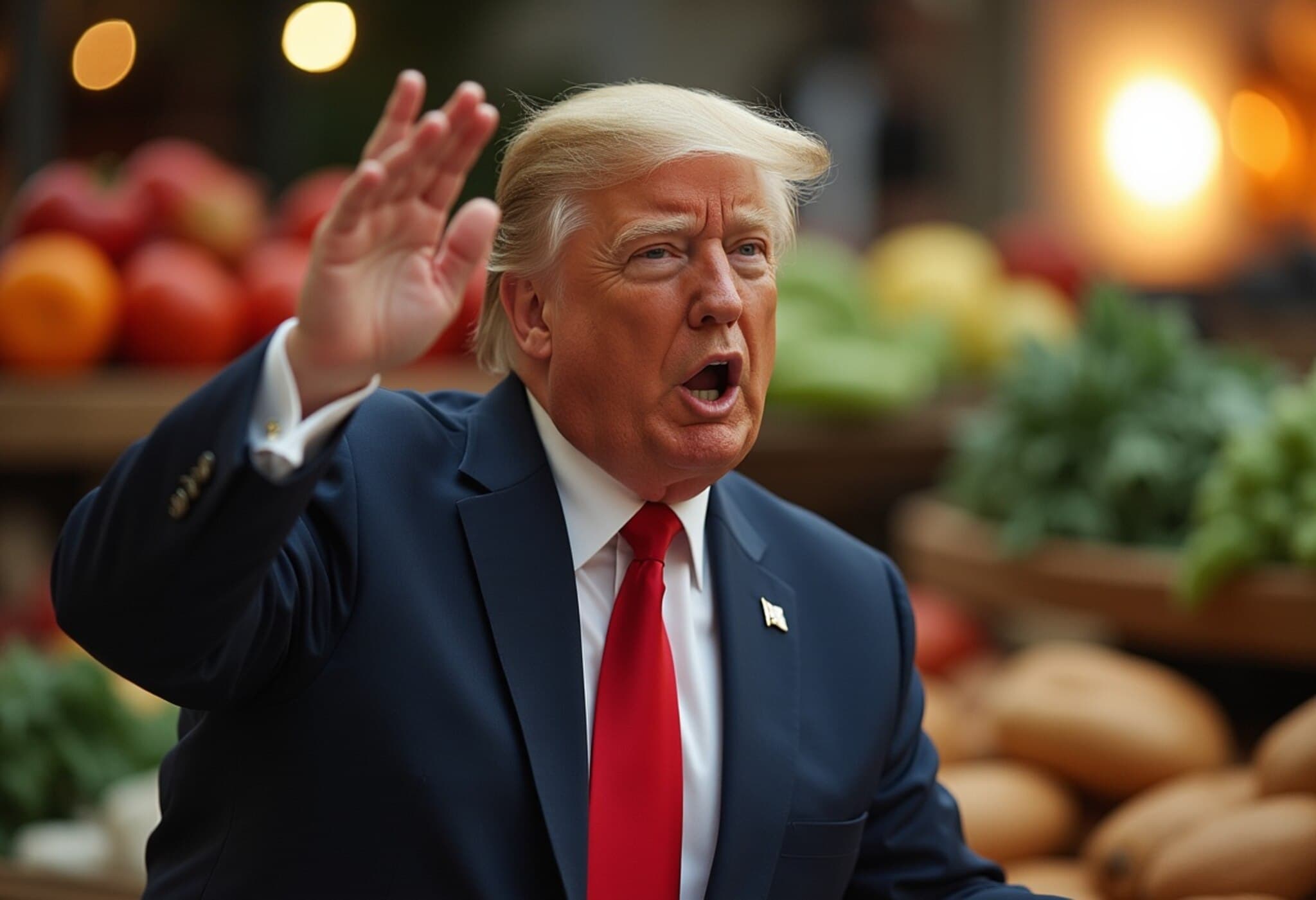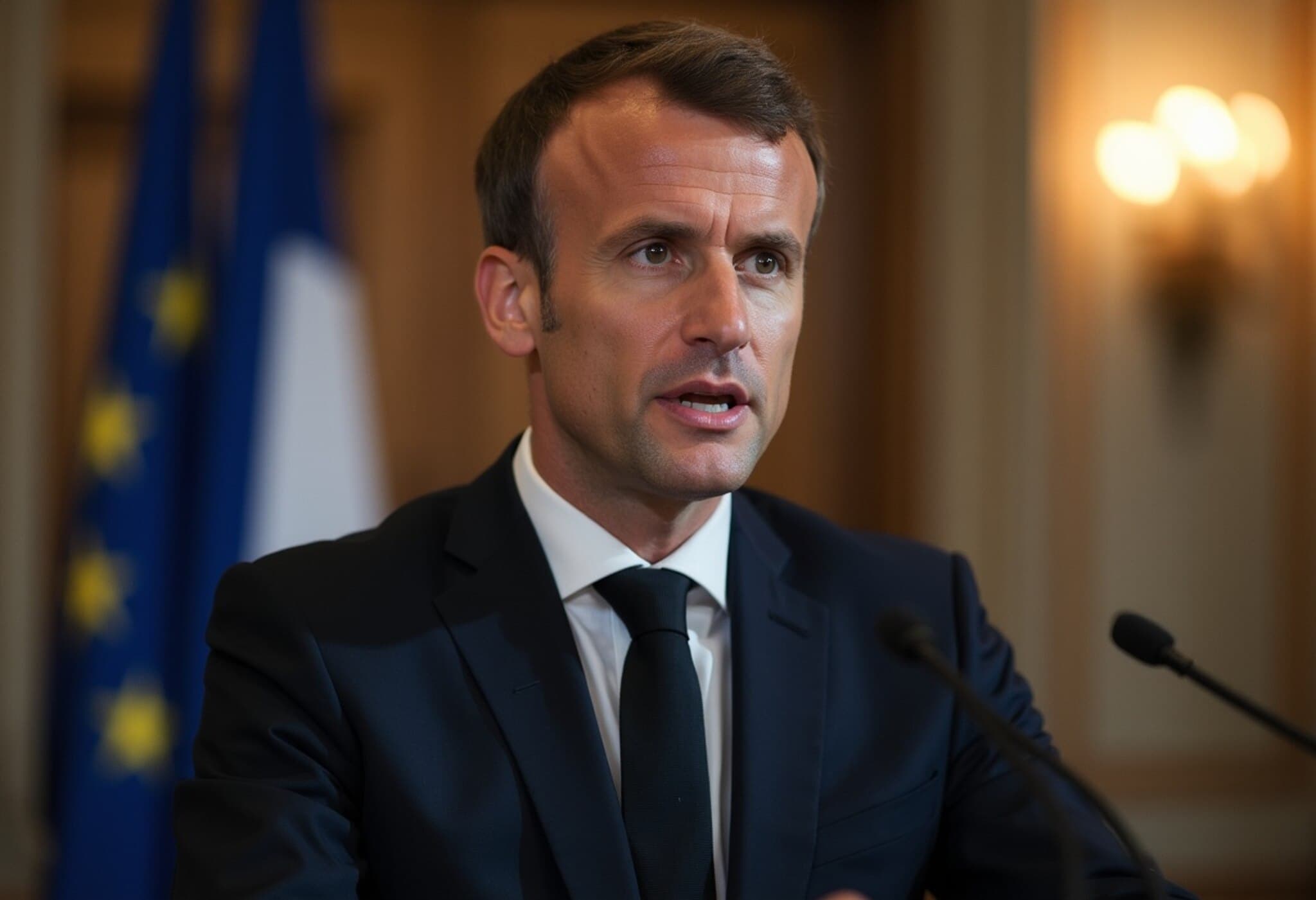PM Modi Conveys Firm Stance to US President Trump on Terrorism
In a crucial 35-minute phone conversation, Prime Minister Narendra Modi made it clear to US President Donald Trump that India regards any terrorist act stemming from Pakistan not merely as proxy violence but as outright acts of war. This underscores India’s unwavering position against terrorism and its refusal to entertain mediation on bilateral issues related to Pakistan.
No Room for Mediation on Pakistan Issues
Emphasizing India's sovereign stance, PM Modi conveyed that India neither seeks nor will ever accept third-party mediation in matters concerning Pakistan. This message was reiterated with firm unanimity, reflecting India's consistent political consensus on the matter.
Operation Sindoor: A Precise Military Response
The discussion followed India’s military retaliatory operation, codenamed Operation Sindoor, in response to the April 22 attack in Pahalgam, which tragically claimed the lives of 26 tourists. Modi detailed to Trump that the strikes targeted specific terrorist hideouts in Pakistan and Pakistan-occupied Kashmir (PoK), describing them as measured, precise, and carefully calibrated to avoid escalation.
The terrorist attack was claimed by The Resistance Front, affiliated with Lashkar-e-Taiba, a Pakistan-based terror group. Modi made it clear that India’s military doctrine is to respond forcefully to any aggression, encapsulated in the phrase "responding to Pakistan's 'goli' with 'gola'".
Escalation and De-escalation Dynamics
Following India’s targeted strikes on nine high-value terrorist sites, Pakistan retaliated, targeting both military infrastructure and sensitive civilian and religious locations, heightening tensions further. On May 9, US Vice President Vance informed Modi that Pakistan was contemplating a major counterstrike. Modi responded unequivocally that India would meet any aggression with intensified force.
The reports indicate India launched a robust counterattack on May 9-10, inflicting significant damage on Pakistan’s military assets and rendering multiple airbases non-operational. Consequently, Pakistan sought a ceasefire, which India agreed to at Pakistan’s request alone. The ceasefire discussions remained strictly bilateral through established military channels, with no involvement of third-party mediation or US trade talks.
Broader Geopolitical Discussions
Beyond the Indo-Pak conflict, the conversation also touched upon critical global flashpoints such as the Iran-Israel tensions and the ongoing Russia-Ukraine war. Both leaders emphasized the necessity of direct dialogue between Moscow and Kyiv as essential for achieving peace.
Moreover, they discussed the Indo-Pacific region and the strategic importance of the QUAD alliance. PM Modi extended an invitation to President Trump for the upcoming QUAD summit in India, which Trump accepted.
Looking Ahead
Although an in-person meeting was canceled due to President Trump’s early departure from the G7 summit, both sides expressed interest in future engagement. Modi declined an invitation to stop in the US en route from Canada owing to prior commitments, signaling ongoing diplomatic coordination despite scheduling challenges.
India’s emphatic stance on terrorism and sovereign matters, coupled with these strategic diplomatic conversations, highlights a period of heightened vigilance and clear messaging amid regional tensions.

